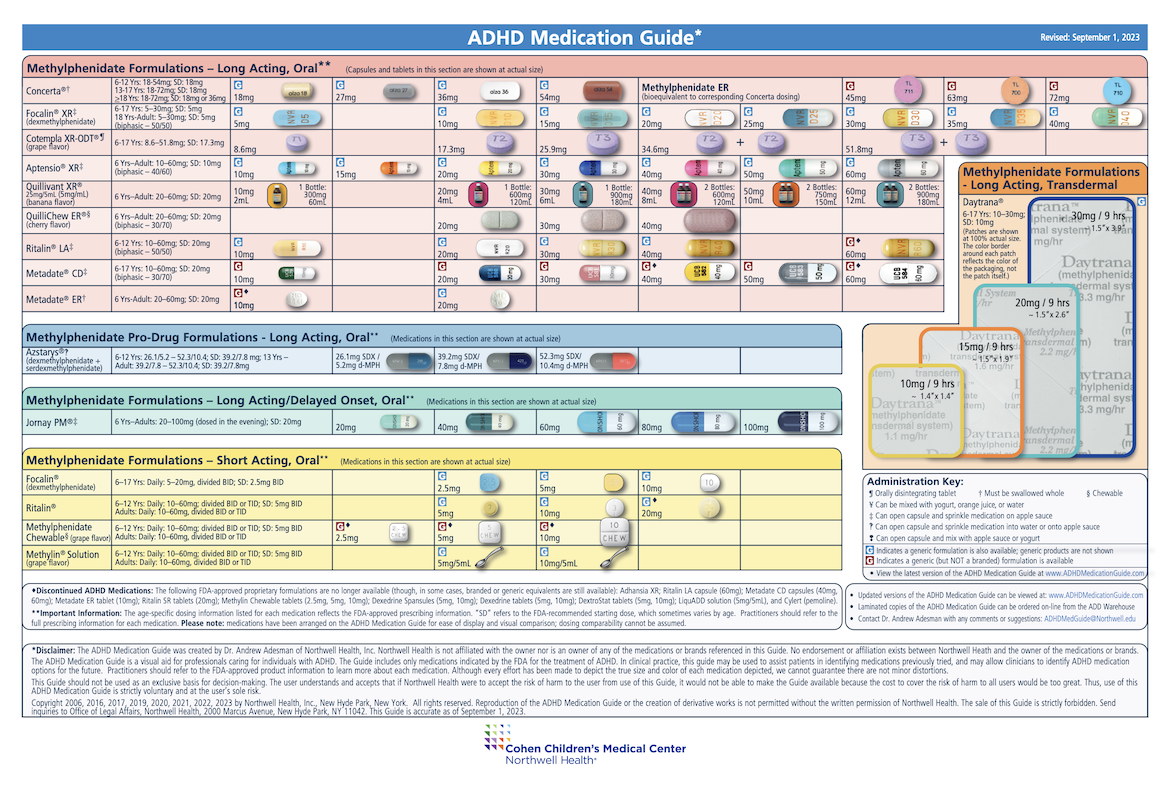Behavioral Health Services Tailored for Holistic Wellness
Your Guide to Discovering the Right ADHD Treatment for Long Lasting Outcomes
Browsing the intricacies of ADHD treatment requires a nuanced understanding of both the problem and the myriad alternatives readily available for efficient management. It is vital to recognize that what help one individual might not necessarily produce the very same results for one more. Therefore, a tailored method-- integrating specialist guidance, drug, behavioral strategies, and lifestyle adjustments-- becomes vital. Nevertheless, the trip toward determining the most ideal therapy strategy can be filled with challenges. What are the essential factors that influence effective results, and exactly how can people guarantee they are on the right path?
Understanding ADHD and Its Influence

In grownups, ADHD can cause obstacles in office environments, influencing productivity, time monitoring, and interpersonal partnerships. Commonly, undiagnosed or incorrectly took care of ADHD can add to co-occurring mental health and wellness issues, such as anxiousness and depression, further complicating an individual's total well-being.
The societal assumption of ADHD can vary, leading to preconception and misconception, which may prevent individuals from looking for help. As recognition grows, it is important to promote a setting that promotes understanding and assistance for those affected by ADHD, highlighting the need for exact diagnosis and tailored methods to alleviate its effect on everyday life.
Review of Treatment Alternatives
An extensive technique to treating ADHD includes a variety of alternatives customized to the individual's special demands. These options can generally be classified into behavior interventions, psychoeducation, and lifestyle alterations, together with pharmacological therapies that may be checked out later.
Behavior interventions, such as cognitive-behavioral treatment (CBT), emphasis on changing particular actions and creating coping strategies to handle signs successfully. Psychoeducation plays an essential function in empowering both people and their families by providing information regarding ADHD, its difficulties, and efficient strategies for support.
Way of living alterations can substantially influence ADHD monitoring. Regular exercise, a well balanced diet, and ample rest contribute to overall well-being and signs and symptom control. Mindfulness methods and relaxation strategies can also improve emphasis and lower impulsivity.
Support teams and household therapy can promote a feeling of neighborhood and understanding, helping people really feel much less separated in their experiences. Each treatment option important link ought to be taken into consideration in conjunction with the individual's preferences and circumstances, making sure a holistic method that advertises lasting success. Eventually, the objective is to create an individualized therapy strategy that resolves the particular obstacles associated with ADHD while enhancing total lifestyle.
Drug: Pros and Disadvantages
Medicine plays a crucial function in the treatment of ADHD, with numerous alternatives available that can significantly ease signs and symptoms for several individuals. Energizers, such as methylphenidate and amphetamines, are frequently prescribed and have actually shown efficiency in boosting focus, reducing impulsivity, and improving total actions. These drugs function by boosting dopamine and norepinephrine levels in the brain, which are usually dysregulated in those with ADHD.
Some individuals may experience side results, including sleeplessness, lowered appetite, or enhanced anxiety. Additionally, not all individuals react to stimulant drugs, leading some to explore non-stimulant options, which may have a delayed onset of action or different side impacts.
It is crucial for people and their families to weigh these advantages and disadvantages very carefully. Balancing the benefits of signs and symptom monitoring against possible negative effects is vital for achieving ideal therapy results. Partnership with health care providers can facilitate educated choices, guaranteeing that medication belongs to an extensive ADHD management plan.
Behavior Modification Techniques

One typically used approach is Cognitive Behavior modification (CBT), which assists individuals determine and change negative thought patterns that add to ADHD-related difficulties. Therapist for ADHD. Through CBT, clients discover to establish practical objectives, manage time efficiently, and establish business systems
An additional effective strategy is Parent Management Training (PMT), which enlightens about his parents on how to strengthen positive habits and reduce negative ones via regular discipline and communication methods. This approach promotes a helpful wikipedia reference home setting that encourages behavioral enhancements.
Social skills training is also indispensable, helping individuals with ADHD browse social interactions better. Role-playing and modeling appropriate actions can enhance social competence and decrease anxiety in social circumstances.
Lifestyle Modifications for Better Management
How can lifestyle modifications substantially improve the management of ADHD symptoms? Applying calculated way of living adjustments can bring about significant enhancements in emphasis, organization, and psychological regulation for individuals with ADHD.
Firstly, developing an organized daily regimen aids in developing predictability, which can ease feelings of bewilder. Regular routines for meals, study, and rest can enhance everyday performance.
Incorporating routine exercise is also critical, as exercise has actually been shown to improve dopamine degrees, enhancing attention and inspiration (Therapist for ADHD). Intending for a minimum of 30 minutes of moderate exercise most days can be useful
Nourishment plays a pivotal function as well. A well balanced diet plan abundant in omega-3 fatty acids, whole grains, and healthy protein can support cognitive function. Restricting refined sugars and caffeine might decrease signs, as these can cause energy crashes and impatience.
Final Thought
In conclusion, discovering the appropriate ADHD treatment requires a diverse strategy that considers individual demands and choices. Partnership with healthcare professionals and open interaction with support networks are crucial elements in navigating the intricacies of ADHD monitoring, inevitably leading to enduring results and improved top quality of life.